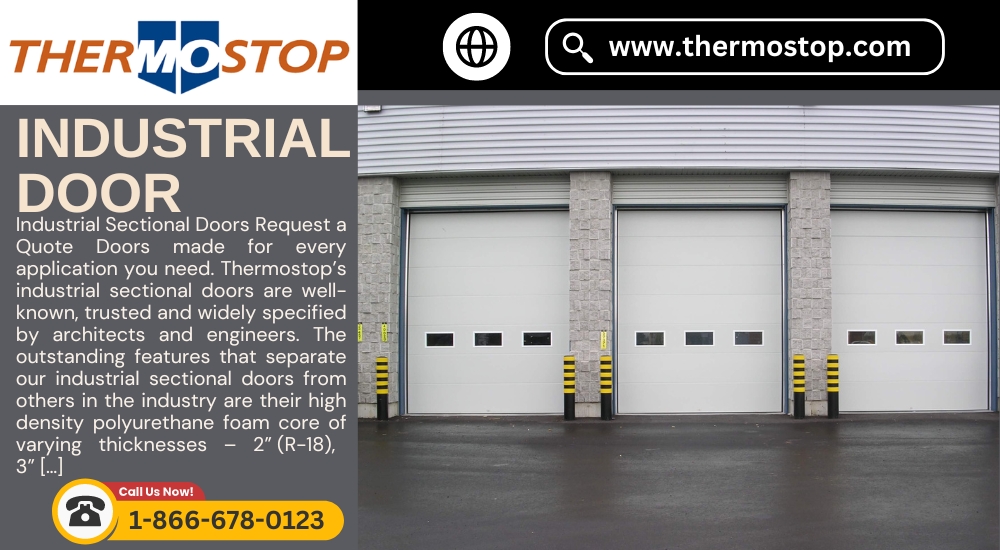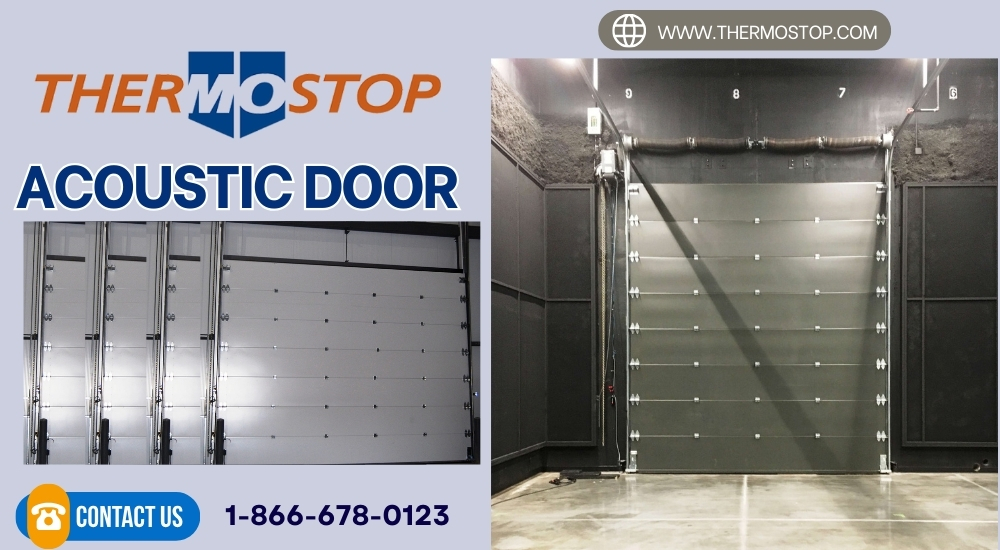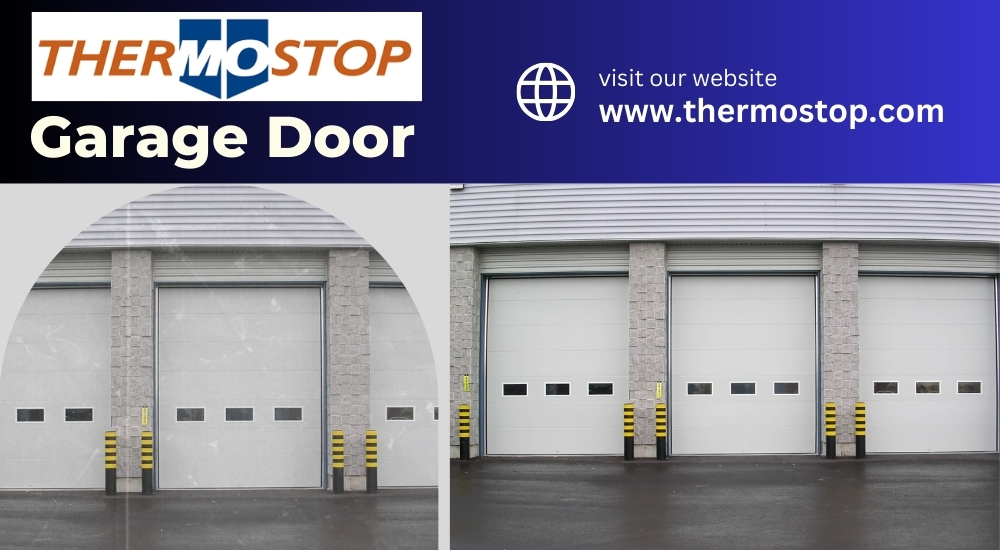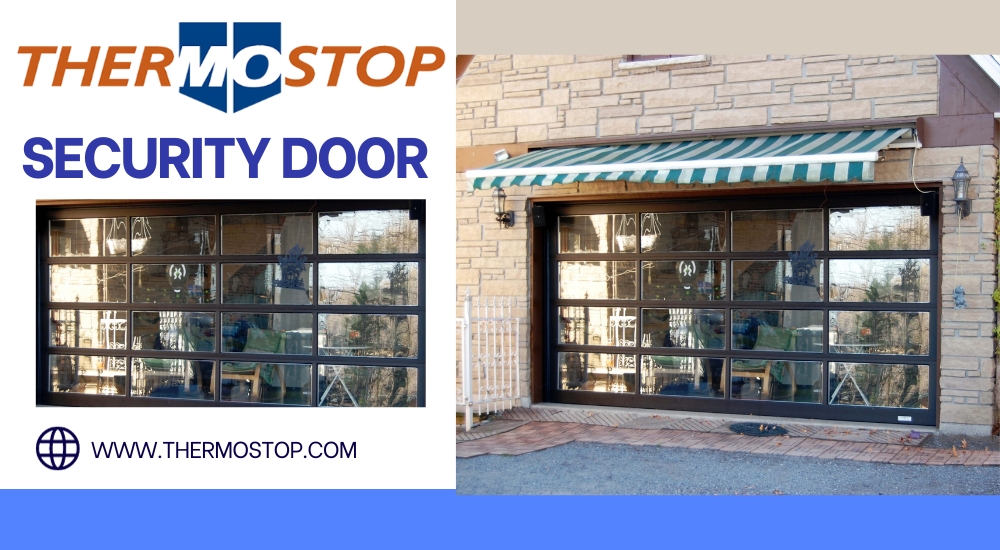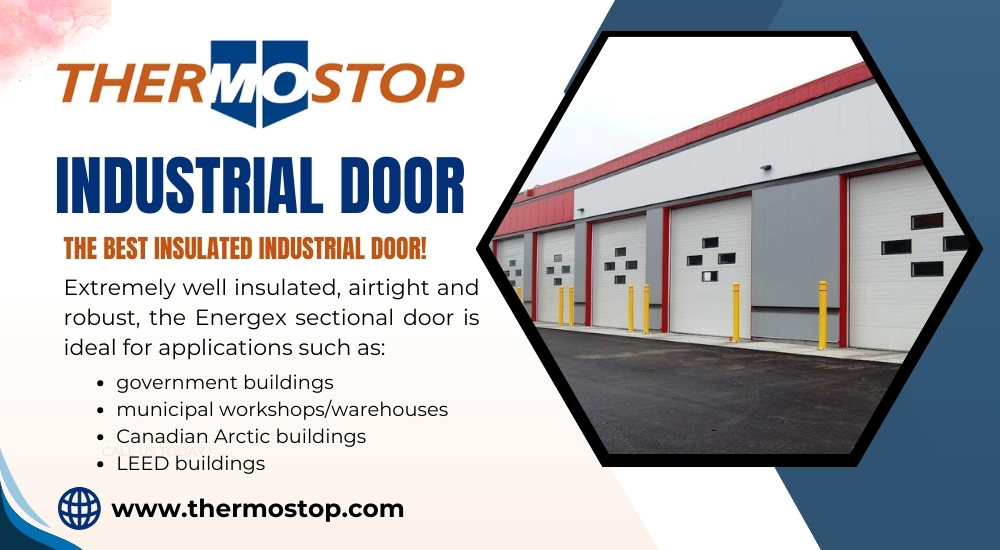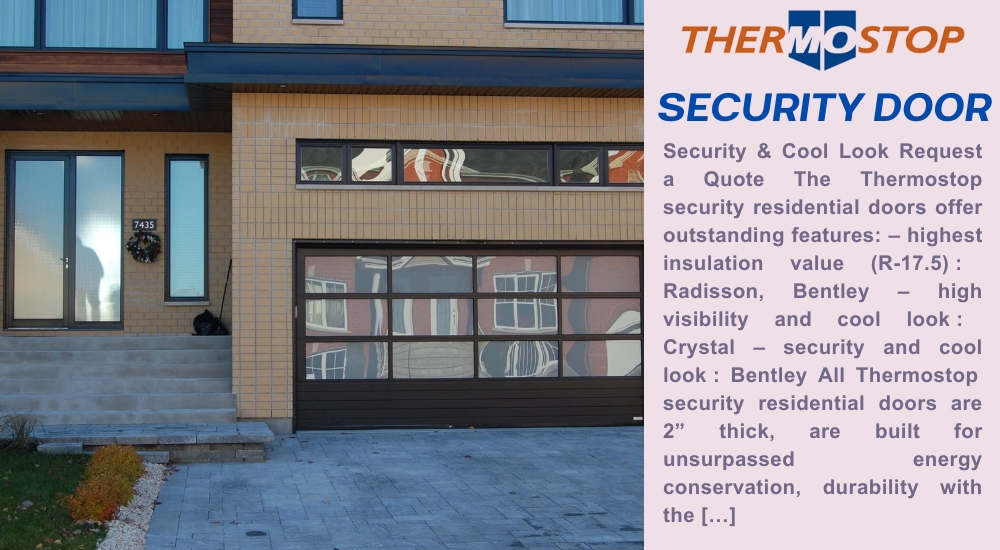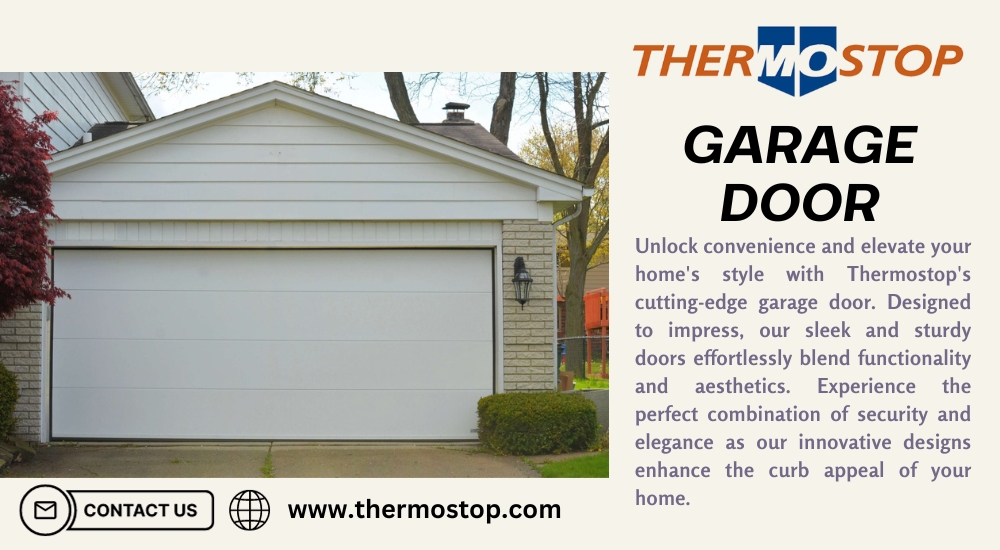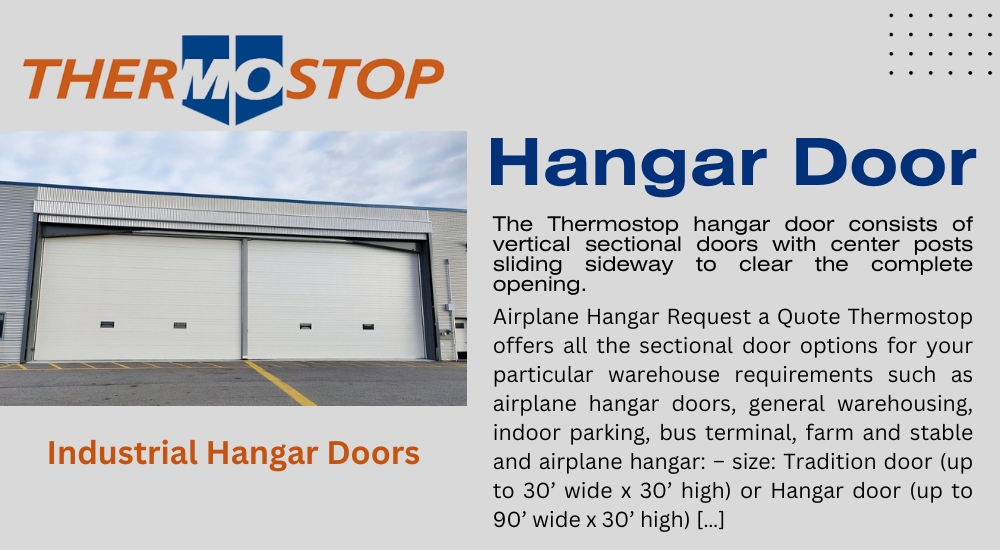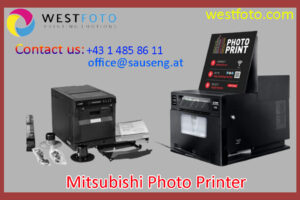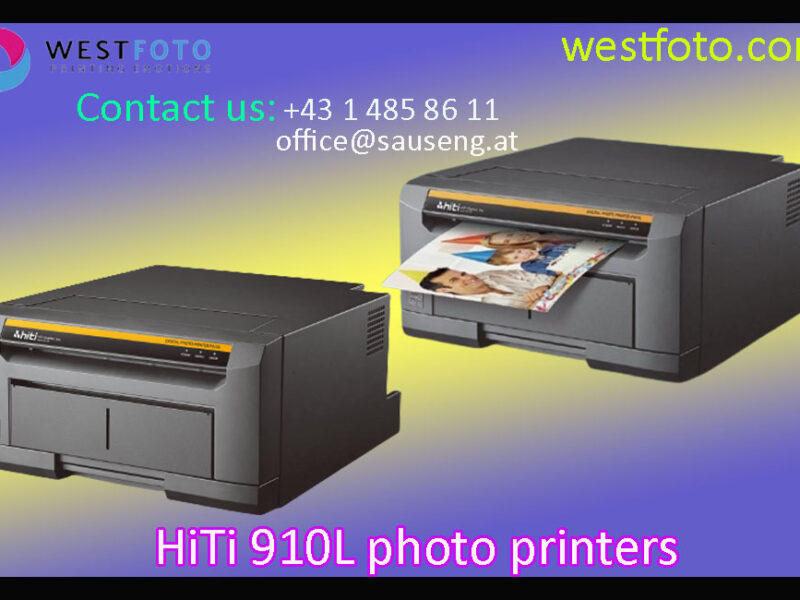When it comes to selecting the right entrance for your property, understanding the differences between Security Door, Hangar Door, and Garage Door is crucial. Each type serves a specific purpose, offering unique features and benefits. In this blog, we will decode these doors, enabling you to make an informed decision and choose the perfect entrance for your needs.
Security Doors – Stylish Défense & Robust Protection
Security Door is designed to provide enhanced protection and prevent unauthorized access to your property. These doors are constructed with durable materials like steel or reinforced glass, making them highly resistant to forced entry.
Security doors often feature advanced locking systems, such as biometric or keypad entry, adding an extra layer of security. Additionally, they may include features like peepholes, door viewers, or video intercom systems to verify visitors before granting access.
Security Door is an excellent choice for those seeking maximum protection without compromising aesthetics, as they are available in a variety of designs and finishes to complement any architectural style.
Pros:
- Enhanced protection against unauthorized entry.
- Wide range of design options.
- Advanced locking systems available.
Cons:
- Can be more expensive than regular doors.
- Installation may require professional assistance.
- Heavy materials can make handling difficult.
Hangar Doors – Gateway To Aviation With Smooth Access
Hangar Door is specifically designed for aircraft hangars or large industrial spaces that require expansive openings. These doors are engineered to accommodate aircraft and provide easy access for maintenance, storage, or transportation. Hangar doors come in various types, including sliding doors, bi-fold doors, and hydraulic doors.
Sliding doors come with a tracking system, descending straight to open or shut. Bi-fold doors consist of multiple panels that fold inwards or outwards, allowing quick access. Hydraulic doors are powered by hydraulic systems, enabling smooth and efficient operation.
Hangar Door is typically constructed with robust materials like steel or aluminium to withstand heavy usage and environmental conditions. They offer excellent insulation and weatherproofing, ensuring the safety and security of aircraft while minimizing energy loss.
Pros:
- Accommodate large openings for aircraft.
- Durable and weather-resistant construction.
- Various types for different requirements.
Cons:
- High initial cost for installation.
- Maintenance and repairs can be costly.
- Limited use of specific applications.
Garage Doors – Safe Haven For Your Wheels
Garage Door is a staple in residential properties, providing secure entry and protection for vehicles and belongings. They come in various styles, including overhead, sectional, or roller doors. Overhead doors are hinged at the top and swing outwards or upwards to open.
Sectional doors are comprised of panels that slide vertically, folding along tracks to create an opening. Roller doors consist of interconnected slats that roll up into a compact unit when opened. Garage doors are commonly made of steel, wood, or aluminium, offering durability and insulation properties.
They often feature automatic mechanisms, allowing convenient operation with remote controls or keypads. Garage Door can be customized with different colors, finishes, and window options to match the overall aesthetic of your home.
Pros:
- Secure storage for vehicles and belongings.
- Convenient automatic operation options.
- Customizable designs to suit aesthetics.
Cons:
- Regular maintenance may be required.
- Limited insulation properties compared to other options.
- Noise during opening and closing.
Conclusion
By understanding the distinctions between security, hangar, and Garage Door, you can confidently choose the right entrance for your specific requirements. Whether you prioritize security, convenience, or functionality, each door type offers unique benefits to suit your needs.
To know more about these products visit our website www.thermostop.com .



